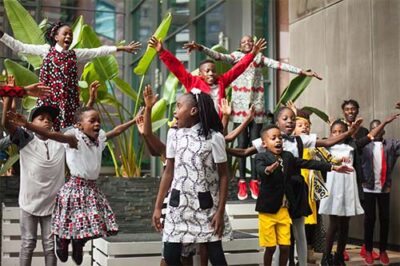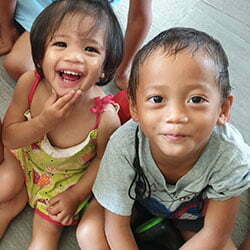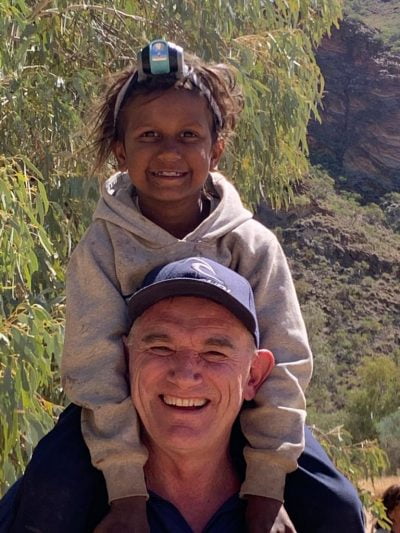What is the Kesho Bora Education?
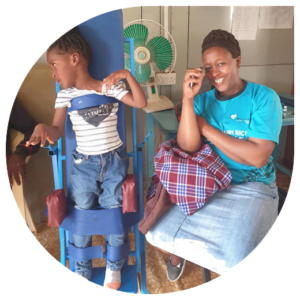 Survival in the urban slums is hard enough, let alone the additional challenges of raising an intellectually disabled child where there is no government recognition or support.
Survival in the urban slums is hard enough, let alone the additional challenges of raising an intellectually disabled child where there is no government recognition or support.
In 2019 we were introduced to the Kibera community – one of the world’s largest slums. We were connected with families caring for children with intellectual disabilities and learnt of the social ostracism and extreme poverty they faced. People living there typically have no land tenure and share their 12ft x 12ft shack often with 8 or more family or kin. There is no running water, but it is purchased and collected from communal stations, 20 litres at a time. There are no hospitals or medical centres in the locality and government schools, where accessible typically have 50 or more students per class. These families struggled to provide education and basic necessities for their children, with unemployment rates exceeding 90%.
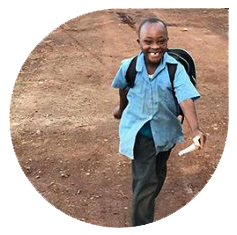
To address this, The Payton Foundation helped establish Better Tomorrow Education, providing education scholarships for siblings of children with a disability, ensuring access to education and nutrition, and reshaping community perceptions. Since starting with 31 children in 2019, we soon learned that the need was greater and we now ensure that every household has access to education support where they have a disabled child enrolled at the Edmund Rice Centre Nairobi. Today the Kibera Education Program has grown to support the education of over 180 children.
In addition to learning and nutrition, our support of school fees provides dignity and empowerment to families and parents. It provides them some modest additional scope to buy clothing, food, meet medical needs or access transport (eg for work).
Our close communication with the team has also enabled the program to evolve with the needs of the community. Providing:
- Essential Covid-related food relief
- Saturday and holiday program providing remedial learning, mentoring and meals
- Tertiary and vocational training
- Rent relief for some facing eviction
- School uniforms and particularly shoes (so far 258 pairs of Bata leather shoes – often the only shoes the children have)
- Micro business loans
- Technology and business training
Why are we partnering?
We believe in the value of an education.
Payton has an objective of creating positive change through Education, Health and Housing. This program provides positive results!
The African culture encourages sharing and “giving back” to the community. Our staff demonstrate that and have typically had education support themselves. Our High school graduates volunteer around the Centre, older kids help the younger kids in the program and all the community practically helps the disabled kids whether it be with transport, inclusion in games and activities or at meal times.
Through our program, School completion and attendance is through the roof and grades are being maintained or gradually improved. We have also observed children that seem better nourished and healthy.
But mostly, it is the people supported that encourage us.
Duncan, was a D student when started with our program in 2019 but progressed to a B+ and has just successfully commenced a tertiary IT position with excellent job prospects. He puts it all down to the stability of the program “I was no longer chased away because of my family not being able to pay fees”. This is an all too common story in Kibera.
Rebecca, with her siblings, was another of our initial intake of students in 2019. Her education was in jeopardy as her fees were two years in arrears at the time, but she was dux of her class (of 184!!) and has recently commenced her second year of a four year nursing qualification. Now Vivian her sister regularly attends the ERCN and instead of begging her mother has been able to commence a small grocery stall. Her two sisters and two brothers are all attending school (with impressive results) and her cousins are now changing their futures to become a teacher and a Chemist by completing their stalled University courses.
In this video, David Kitavi, Principal Ushirika School Nairobi, shares about life in Kibera and the Sibling Education Scholarships.
How can you help?
1. Sponsor a child in the Sibling Education Program
The Sibling Education Program enables the brothers and sisters of the more vulnerable ERCN students to also access an education and food; equipping them to build a bright future. With the children in School, you are also enabling parents to go to work, benefitting the whole family. 36 additional children have been identified requiring scholarship support next term to join this program
Sponsor a child’s school fees and participation in our holistic programs:
- $995pa for a high school student
- $735pa for a primary school student
2. Provide a pair of shoes
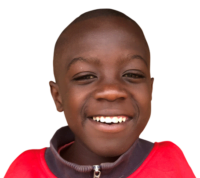
It has been reported that even the President of Kenya did not have his own pair of shoes until he was 15! We provided all the kids in the program a pair of quality shoes by Bata a couple of years ago but kids feet grow and an ongoing review is needed. For $30 you could provide a child in need with a pair of shoes.
3. Essential Disability Transport
Four children in the program are supported with fees to a Boarding school that caters for children with physical disability and each term they and their guardians need to travel (a two to hour bus trip). A communal minibus trip is necessary as public transport is impractical and private transport an excessive burden on families. $1,350 per annum is needed to facilitate this.
4. laptops
Laptops are also required for our current school, holiday and Saturday programs. We also like to equip our most successful graduates with a laptop to encourage their future vocational pursuits. Providing a reconditioned laptop purchased locally for $560 can make all the difference!
Real people.
Real stories.
What’s possible when we work together.

